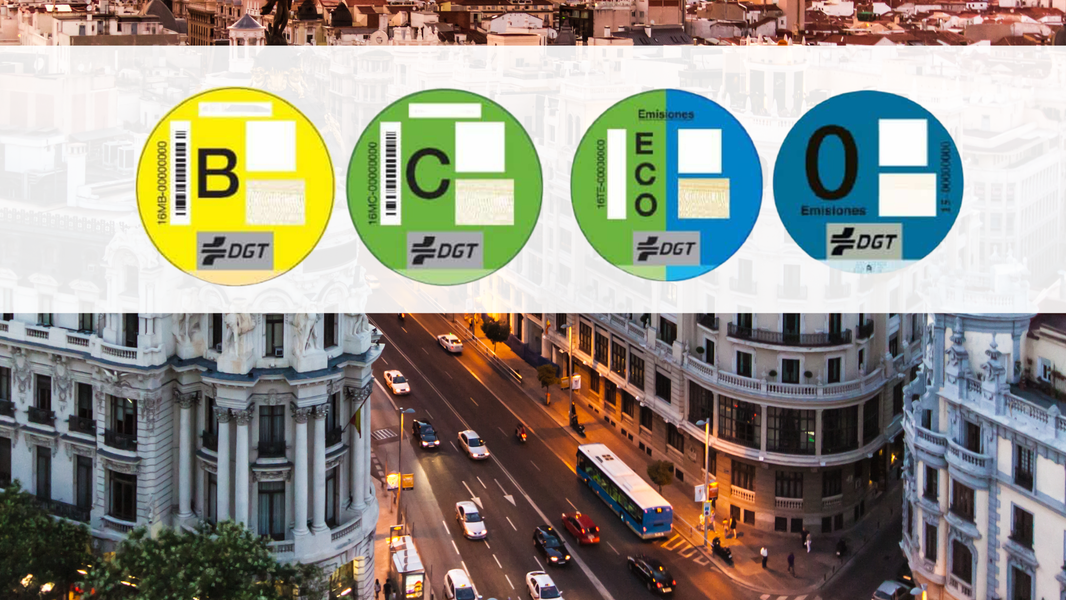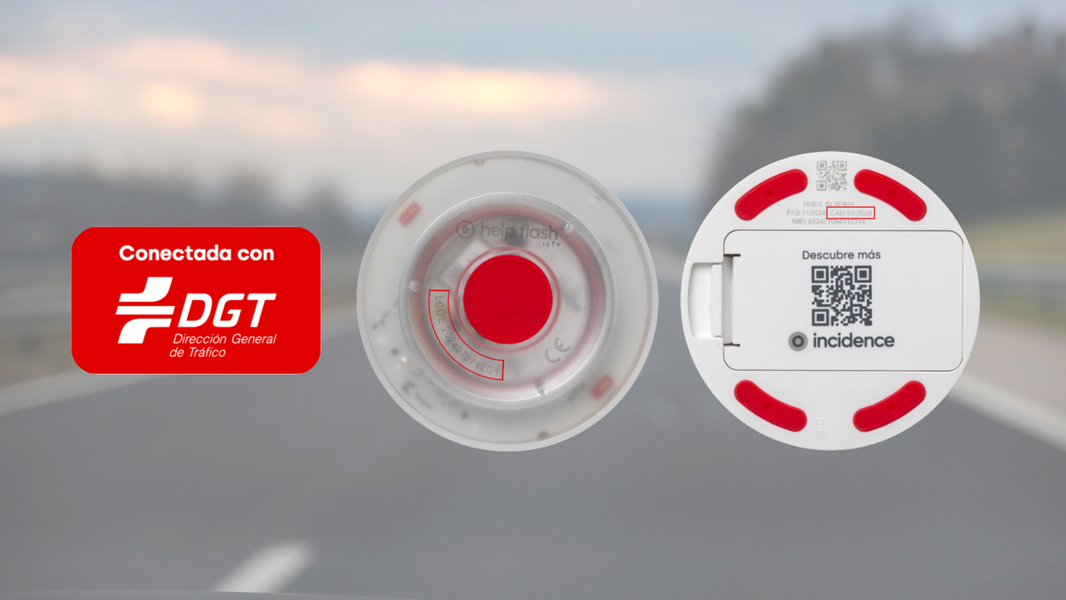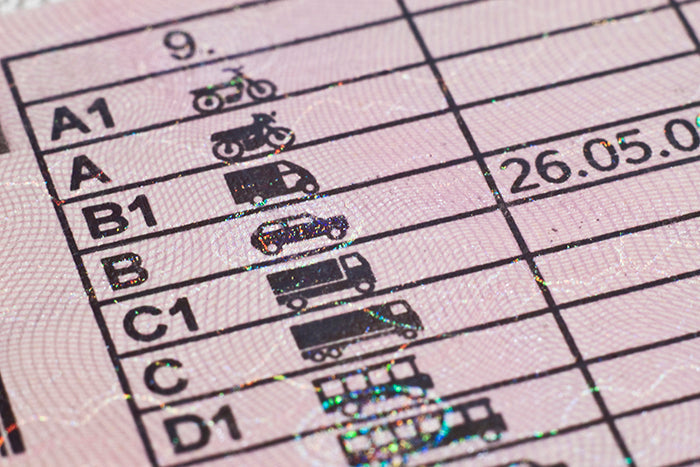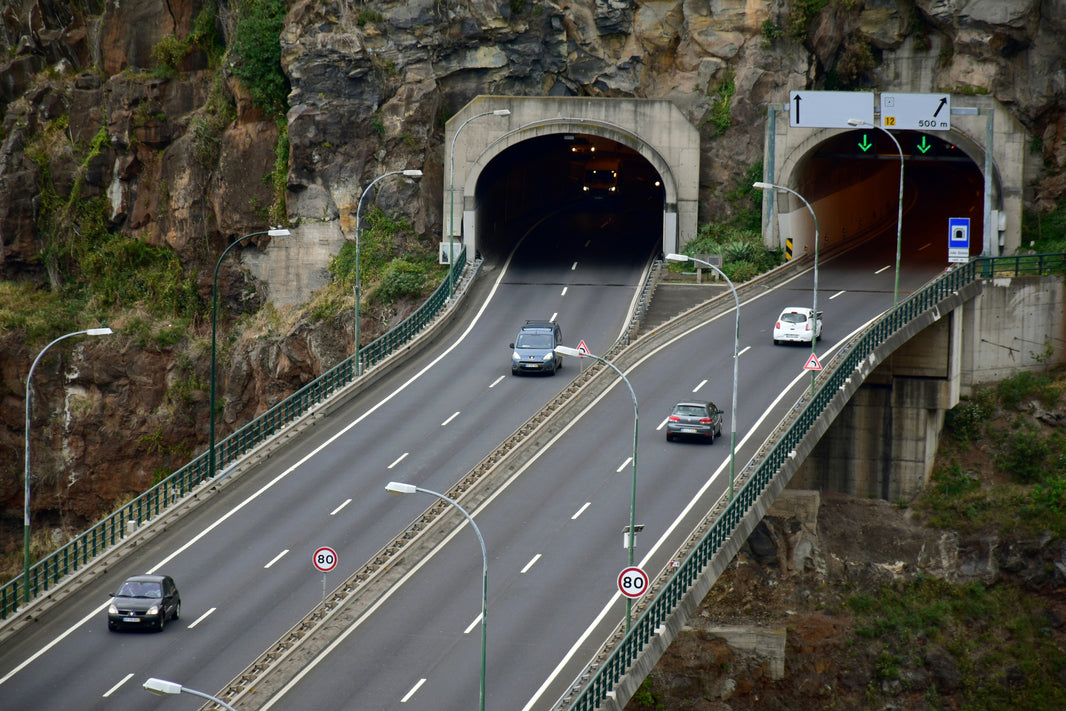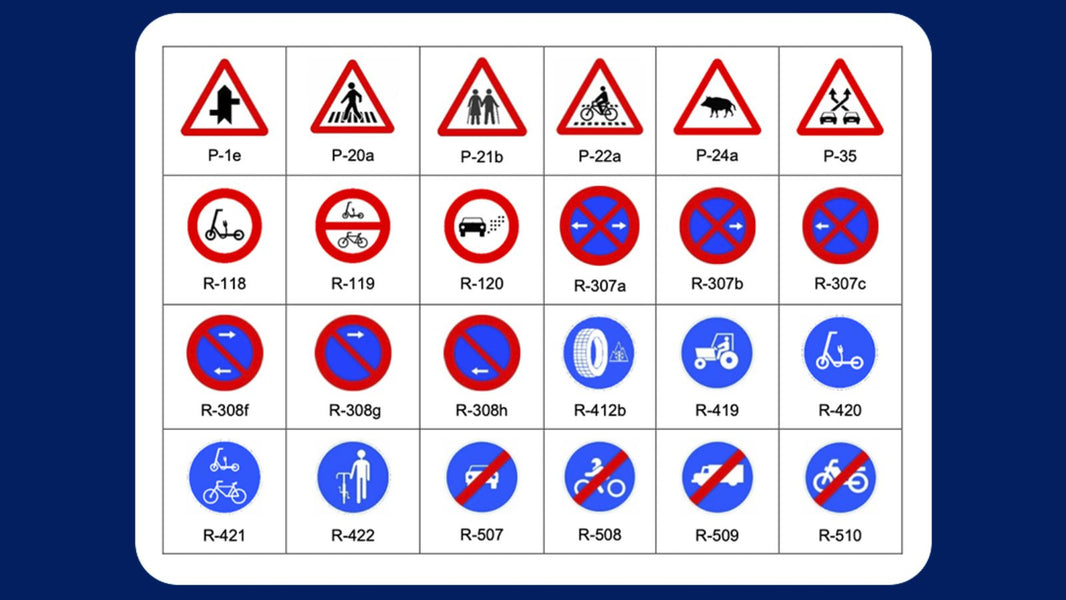Make sure you bring the ITV 2024 sticker
Although the Civil Guard's inspections don't often focus on this aspect, you may occasionally face problems if you don't clearly display the MOT sticker on your vehicle, or if you accumulate MOT stickers from previous years on the windshield like a collection. According to current legislation, it's important to know that driving without the MOT sticker properly affixed to the windshield can result in a fine of 80 euros.
The red sticker will be required from 2024. The official color identification of the sticker is from 1999 to 2030:
- Yellow sticker: 1999, 2002, 2005, 2008, 2011, 2014, 2017, 2020, 2023, 2026, 2029.
- Red sticker: 2000, 2003, 2006, 2009, 2012, 2015, 2018, 2021, 2024, 2027, 2030.
- Green sticker: 2001, 2004, 2007, 2010, 2013, 2016, 2019, 2022, 2025, 2028.
Which vehicles must pass the MOT in 2024?
By 2024, all mechanically propelled vehicles must pass the Vehicle Inspection (ITV), passing certain tests and requirements to continue circulating in Spain. The frequency with which the MOT must be performed will depend on the age of the vehicle, with the DGT implementing changes to this frequency and obligation starting January 1, 2024. Generally, new vehicles must undergo their first MOT after four years of age, followed by an inspection every two years, and then annually after reaching ten years of age, with some vehicles subject to semi-annual inspections. In 2024, the vehicles that must undergo the MOT and their respective conditions include:- Passenger cars and other transport vehicles with up to nine seats (including the driver), motorcycles, quad bikes, and quads: first MOT after four years.
- Mopeds: every three years.
- Rental vehicles with up to 9 seats, including the driver: every two years.
- Driving school and public service vehicles (such as fire trucks, ambulances, or taxis): every six months.
- Trucks and trailers up to 3,500 kg: every two years.
- Towed caravans with a GVW exceeding 750 kg: every six years.
- Special vehicles and self-propelled machinery (except those with a maximum speed of less than 25 km/h): every four years.


